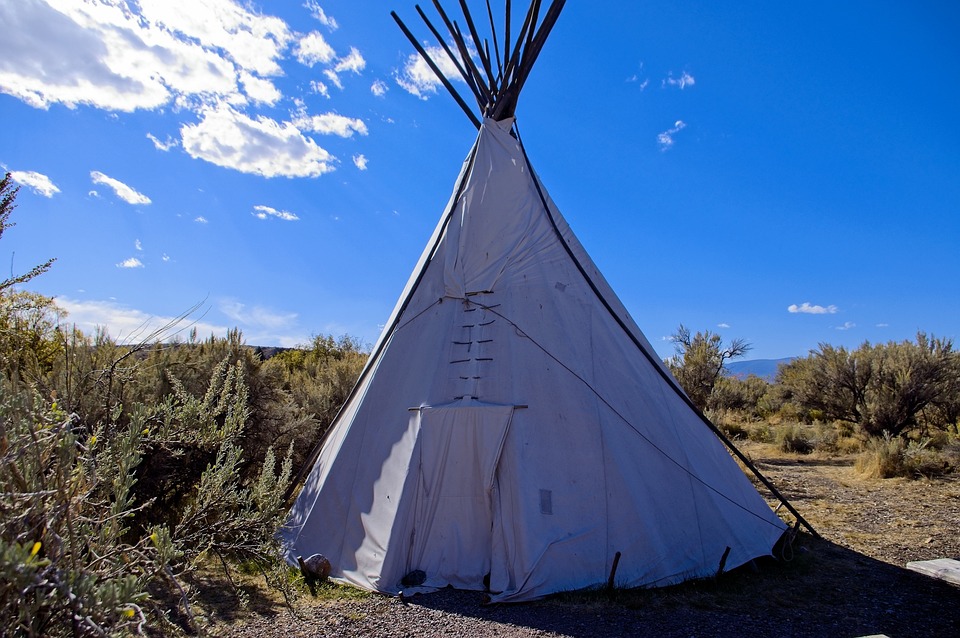Table of Contents
Introduction
In today’s fast-paced, technology-driven world, the idea of escaping the hustle and bustle of modern life and connecting with nature on a much deeper level has become increasingly appealing.
In recent years, the concept of “off the grid” camping has gained significant popularity, offering adventurers the chance to unplug from their daily routines and immerse themselves in the beauty of the wilderness without any modern conveniences.
Benefits of Off the Grid Camping
1. Connection with Nature: Off the grid camping allows you to completely immerse yourself in nature.
Away from the noise and distractions of modern life, you can truly appreciate the beauty and serenity of the natural world.
2. Mental and Physical Health: Spending time outdoors has been proven to have significant mental and physical health benefits.
The lack of technology allows you to be present in the moment, reducing stress and improving overall well-being.
3. Self-Sufficiency: When camping off the grid, you become self-sufficient in meeting your basic needs.
From building a fire to filtering water, you learn essential survival skills that foster independence and resourcefulness.
Challenges of Off the Grid Camping
1. Lack of Amenities: Off the grid camping means giving up modern amenities such as running water, electricity, and comfortable bedding.
This can be challenging for those accustomed to the conveniences of everyday life.
2. Limited Communication: Being disconnected from technology also means limited communication with the outside world.
It’s important to plan and be prepared for emergencies or unexpected situations.
3. Weather and Environmental Factors: Camping off the grid puts you directly at the mercy of the elements.
Extreme weather conditions and unpredictable environments can add an extra layer of difficulty to your camping experience.
Tips for a Successful Off the Grid Camping Trip
1. Prepare Thoroughly: Research the area you plan to camp in, familiarize yourself with the terrain, and pack all the necessary supplies.
This includes food, water, appropriate clothing, and camping equipment.
2. Learn Basic Survival Skills: Knowing how to start a fire, navigate using a compass, and set up a shelter are crucial skills for off the grid camping.
Take the time to learn and practice these skills before embarking on your trip.
3. Embrace the Simple Life: Off the grid camping is an opportunity to simplify your life and enjoy the simple pleasures.
Embrace the lack of technology and focus on connecting with nature and your fellow campers.
4. Respect Nature: Leave no trace and practice sustainable camping.
Minimize your impact on the environment by properly disposing of waste, respecting wildlife, and following all camping regulations.
FAQs
Q: How do I find off the grid camping locations?
A: There are several ways to find off the grid camping locations.
Online resources, camping guidebooks, and local outdoor communities can provide valuable information on secluded and remote camping spots.
Q: What should I pack for an off the grid camping trip?
A: When packing for an off the grid camping trip, ensure you have all the necessary camping gear such as a tent, sleeping bag, cooking utensils, and appropriate clothing for the expected weather.
Don’t forget to bring enough food and water for the duration of your trip.
Q: How can I stay safe during my off the grid camping trip?
A: Prioritize safety by informing someone of your camping plans and expected return date.
Have a first aid kit, navigation tools, and emergency supplies on hand.
Additionally, be aware of potential wildlife encounters and take appropriate precautions.




